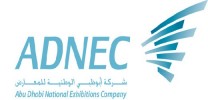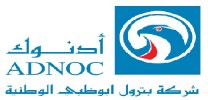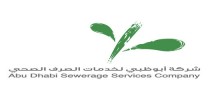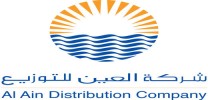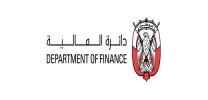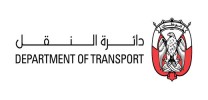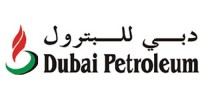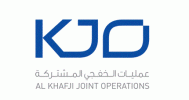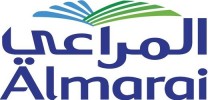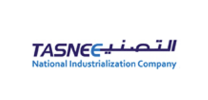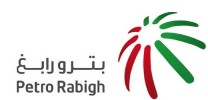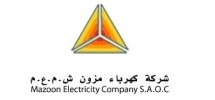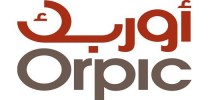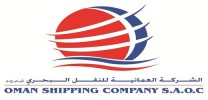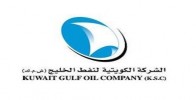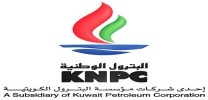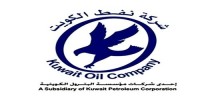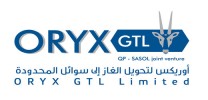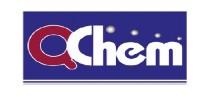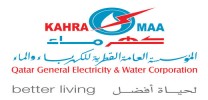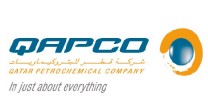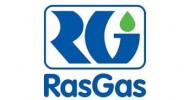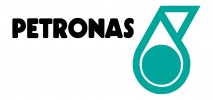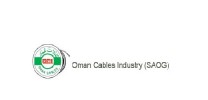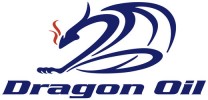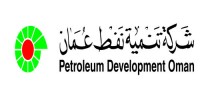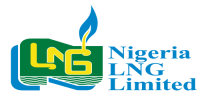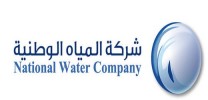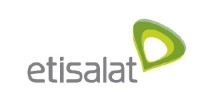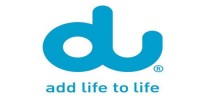
Fundamentals of Cost Accounting
Course Introduction:
Use cost accounting to effectively control operations! Top management is keeping a sharp eye on where every dollar goes. This seminar provides you with all the tools and information to put the best practices of cost accounting to work for your company.
Course Objectives:
· Apply cost accounting methods to identify profitable products and services
· Analyze reports to make sound pricing decisions
· Compare cost systems and choose the one that’s right for your company
· Evaluate results against budgets with greater accuracy
· Use cost accounting methods to optimize the use of people, resources and materials
Who Should Attend?
Accountants, accounting managers, cost accountants, cost analysts, budget analysts, systems analysts, auditors and financial planners.
Course Outline:
· Relating cost accounting to financial accounting and the planning and control process
· Budgets as a tool within both traditional and ABC cost systems
· Enhancing budgeting accuracy
· Product costing systems and accounting for overhead
· Activity-based costing for management control
· Standard costing and variance analysis
· Variance analysis for material, labor and overhead variances
· Requirements for establishing a direct costing system
Learning Objectives
- A Better Comprehension of What Cost Accounting Is and How It Relates to Financial Statements and Internal Reports
- An Understanding of Various Methods Used to Collect Costs and Assign Both Direct Costs and Overhead to Various Products and Services
- The Means and Understandings to Analyze Variances from Standard Costs and Determine the Cause of Those Variances
- Tools for Analyzing the Impact of Changes in Costs, Volumes and/or Profits Through Break-Even and Contribution Margin Analysis
- An Understanding of What Costs Are Relevant in Decision Making
- An Introduction to (or Refresher in) ROI Analysis, Both for Specific Projects and General Business Situations
- The Ability to Go Back to Jobs and Apply Techniques Learned to Better Use Systems Already in Place, or to Help Implement New Systems; and/or the Ability to Return to Jobs and Ask Appropriate Questions About the System Currently Being Used
Introduction to Cost or Managerial Accounting
- Understand the Place of Cost or Managerial Accounting in Relationship to Financial Accounting
- Understand the Planning and Control Process and Its Relationship to Cost Accounting
- Recognize and Understand Specific Cost-related Terminology
Budgeting
- Relate Budgets to the Planning and Control Process
- Recognize the Use of Budgets as a Tool within Both Traditional and ABC Cost Systems
- Recognize Techniques to Enhance Budgeting Accuracy and Make Budgets More Relevant
Product Costing Systems and Accounting for Overhead
- Understand the Application and Uses of Job Order Costing
- Understand the Application and Use of Process and Operational Costing
- Understand Reasons Behind Overhead or Burden Rates
- Identify Several Different Methods of Associating or Applying Overhead to Various Products and Services, and the Implications of Using Each Method
Activity-Based Costing for Management Control
- Understand Reasons for Using Activity-Based Costing as Opposed to Traditional Methods
- Understand the Basic Process of Identifying Activities
- Understand the Basis for Costing Activities
- Understand How Products or Services are Costed Using ABC
Standard Costing and Variance Analysis
- Understand Why Standards Are Used
- Understand Different Approaches to Setting Standards, and the Implication of Each Approach
- Understand What Is Included in Each Standard
- Understand When Standards Should Be Changed
- Understand What Happens When Standards Are Changed
- Understand the Process of Variance Analysis for Material, Labor, and Overhead Variances
Absorption versus Direct Costing
- Understand Implications for Unit Product or Service Costs of Fixed and Variable Cost Behaviors
- Understand Difference between Absorption and Direct Costing Methods
- Understand the Organizational Levels at Which Direct Costing May be Appropriate, and the Uses of Direct Costing Information
- Recognize the Process and Requirements for Establishing a Direct Costing System
Cost-Volume-Profit Analysis
- Understand the Concept of Break-even Analysis in Units and in Dollars, and the Appropriate Use of Each
- Understand the Implications of Operating Leverage
- Understand Margin of Safety and Its Impact on Decisions to Add Fixed Costs or to Change Cost Structures
- Understand the Use of Contribution Margin in "What-if" Analysis
Relevant Costing and the Contribution Approach to Decision Making
- Determine What Costs Are Considered Relevant in a Decision-making Process
- Apply Relevant Costing to Evaluate Different Scenarios in Making Decisions
- Understand Relevant Costs When Considering Accepting Business at a Special Price
- Understand Relevant Costs When Considering Dropping a Product Line or Closing a Facility
- Understand Relevant Costs When There Are Limiting Factors of Production
Return on Investment Analysis
· Understand, Calculate and Understand the Appropriate Use of ROI Analysis for Specific Projects
– Payback
– WACC and Hurdle Rates
– NPV
– IRR
· Understand, Calculate, and Appropriately Use ROI Analysis Related to Ongoing Businesses
– ROI
– ROIC
– ROA – RONA-ROCE
– DuPont Formula
– Residual Income (EVA)
· Understand Internal Cash Management Ratios
– Cash Conversion Cycle
– Burn Rate
– Turn and Earn
Course Methodology:
A variety of methodologies will be used during the course that includes:
· (30%) Based on Case Studies
· (30%) Techniques
· (30%) Role Play
· (10%) Concepts
· Pre-test and Post-test
· Variety of Learning Methods
· Lectures
· Case Studies and Self Questionaires
· Group Work
· Discussion
· Presentation
Course Fees:
This rate includes participant’s manual, Hand-Outs, buffet lunch, coffee/tea on arrival, morning & afternoon of each day.
Course Timings:
Daily Course Timings:
08:00 - 08:20 Morning Coffee / Tea
08:20 - 10:00 First Session
10:00 - 10:20 Coffee / Tea / Snacks
10:20 - 12:20 Second Session
12:20 - 13:30 Lunch Break & Prayer Break
13:30 - 15:00 Last Session





.jpg)

















